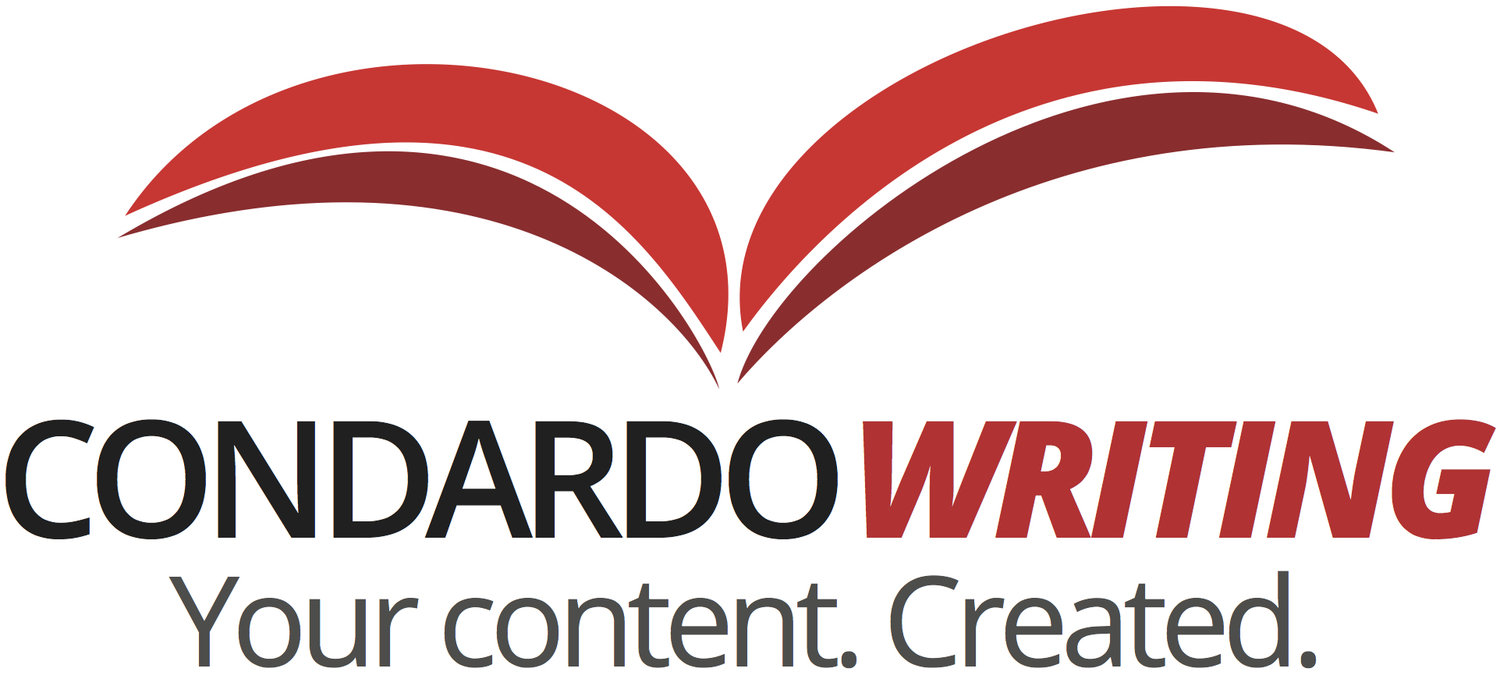"How comfortable are you writing about.....?" "Do you have content development experience in ....?"
"What have you done in the xyz industry?
I receive some variation of that question from prospective clients nearly every week. While I have significant experience in certain areas, I am more of a generalist, able to create effective copy in just about any industry. There's no question that there are specific disciplines that require focused experience and a depth of knowledge. However most copywriters can do a solid job creating solid content in any field...as long as they follow the basic ABC's of copywriting.
A - Audience
Know your audience. For whom is the message intended? What's in it for them? The writer needs the answer to this first basic question before beginning any writing assignment. Once the target audience is established, the next step is defining the goal of the piece. Is it to entertain? Inform? Educate? Excite? The answers to these questions apply to every industry and every piece of content. Having a clear understanding of the goal and the audience are the first steps to creating any effective content.
B - Background
Here is where experience comes into play. Yes if a writer has done a good deal of work in a particular industry - as I have in business management, logistics, graphic arts, supply chain, quality, HR - there is clearly an advantage. However not having experience in a particular sector does not prevent a writer from producing quality content. A diligent researcher and interviewer with a healthy curiosity can get up to speed in any number of industries very quickly. Remember, it's more important to have the right questions than to have all the answers.
One of my prospective clients rightfully expressed concern about my lack of experience in a particular industry. Her main fear was that the engineers that I would be dealing with expected a deep understanding of the subject matter. That's a valid concern if the industry and the target audience are both highly technical. However in many cases, the fact that the writer is not deeply embedded in a particular discipline can actually be an advantage. Someone crafting a piece involving a technical subject for an audience that is not technical may find new ways to explain and describe the subject matter. This fresh approach could actually give the piece more life and make it more effective.
C - Clear, concise, compelling
Okay so that's three C's but they all fit, especially when it comes to writing. Regardless of the industry, all content must be well written. The writer needs to express industry terms and concepts in clear, concise and compelling language. The writer's ability to interest, explain and persuade hinges on his or her writing skill. And with a good writer, that skill will shine through regardless of the subject matter and will ultimately translate into effective content.
What do you think? Expertise or Experience?




